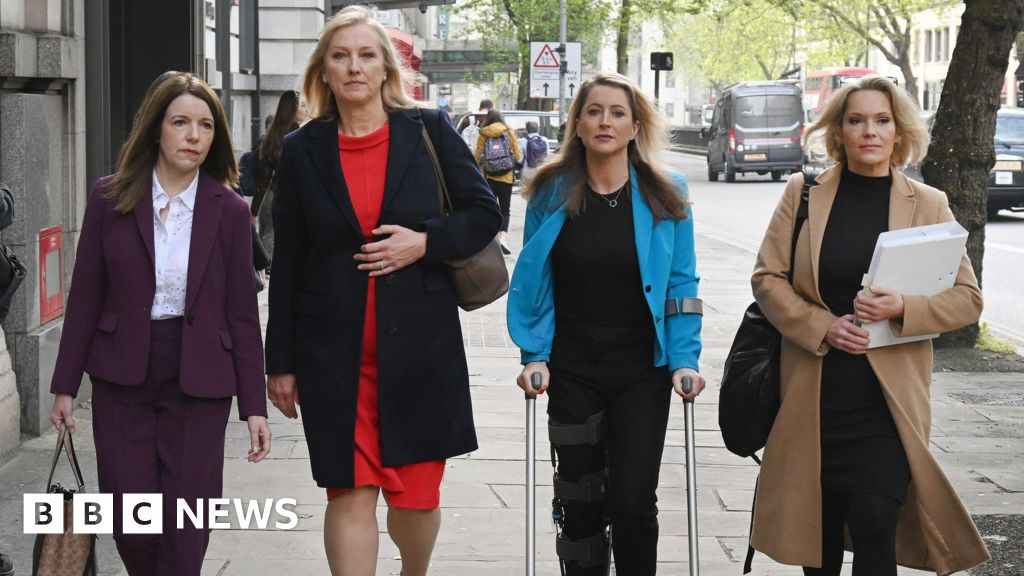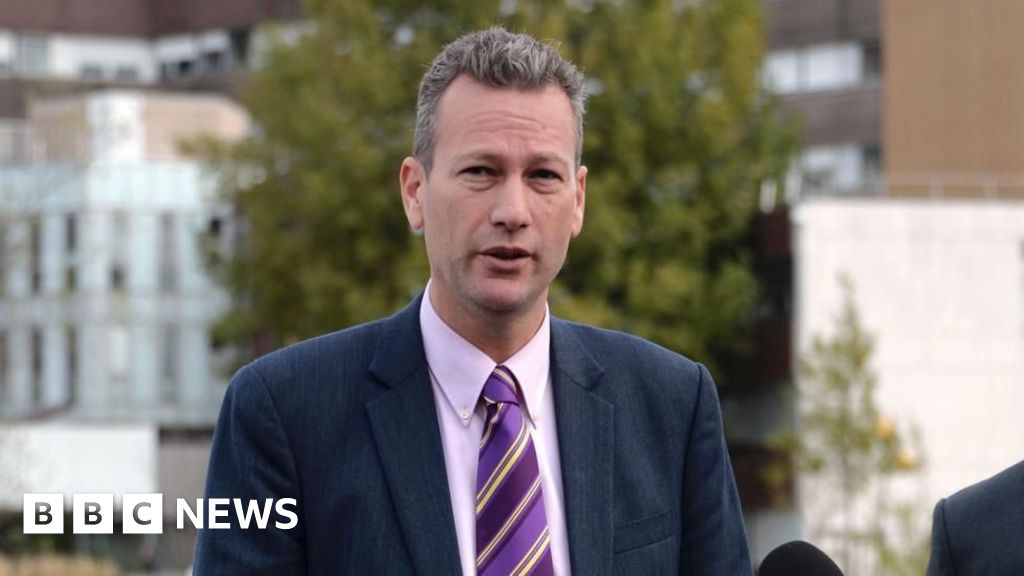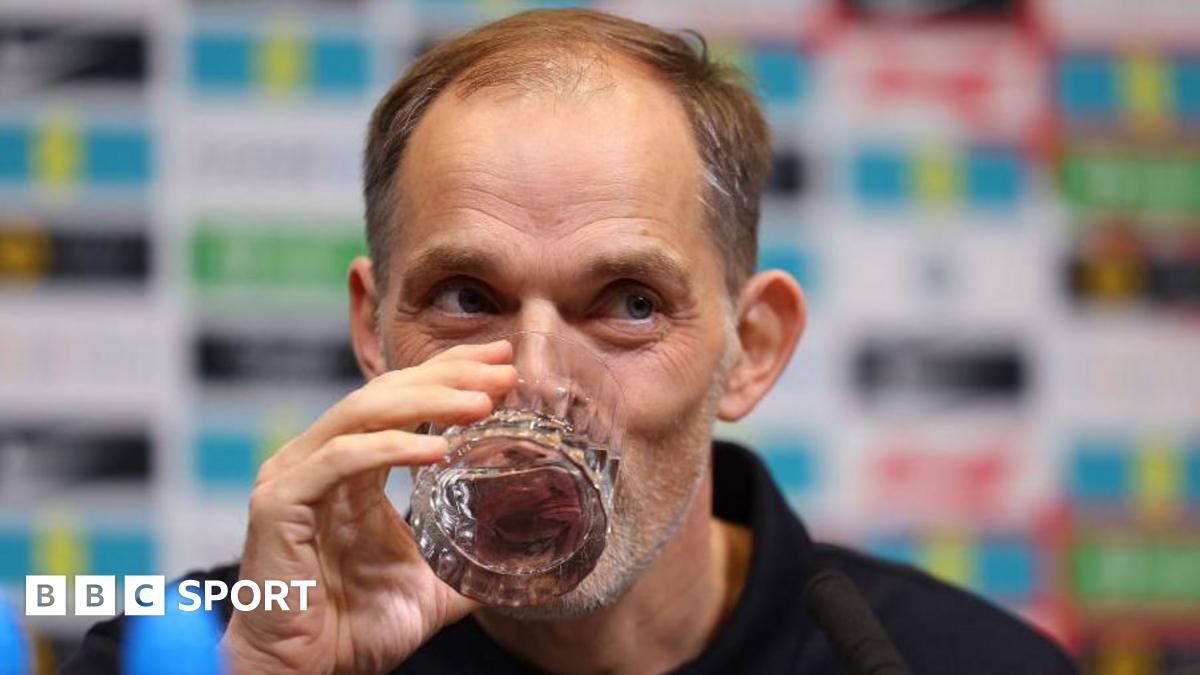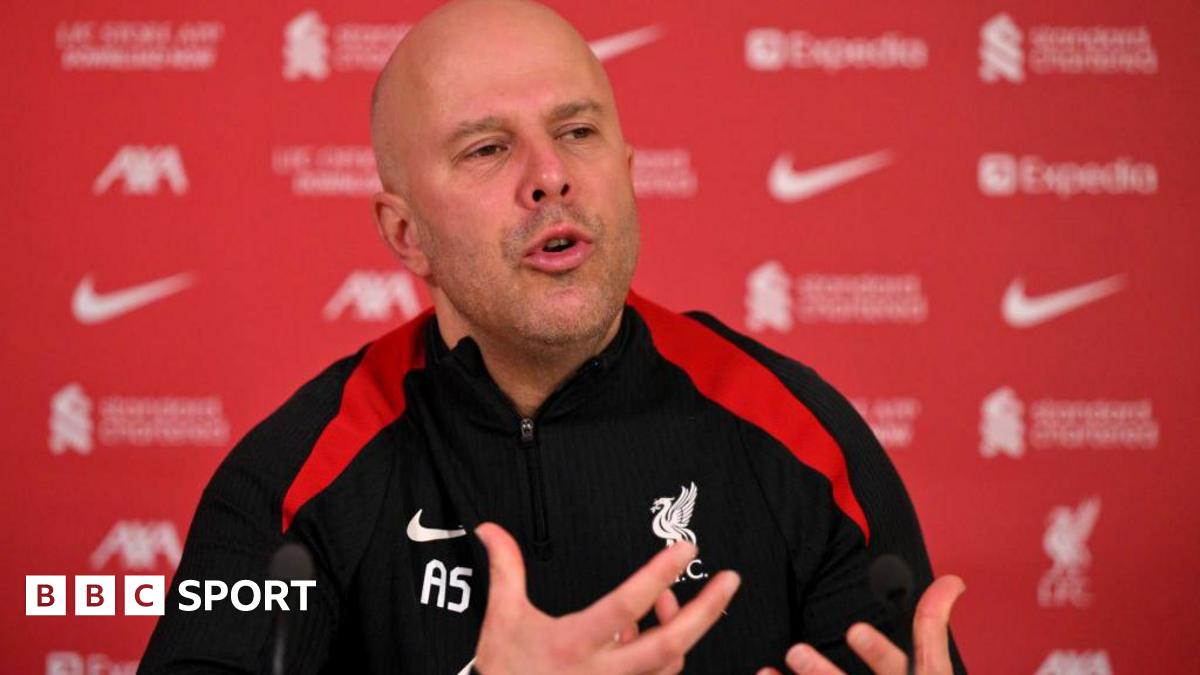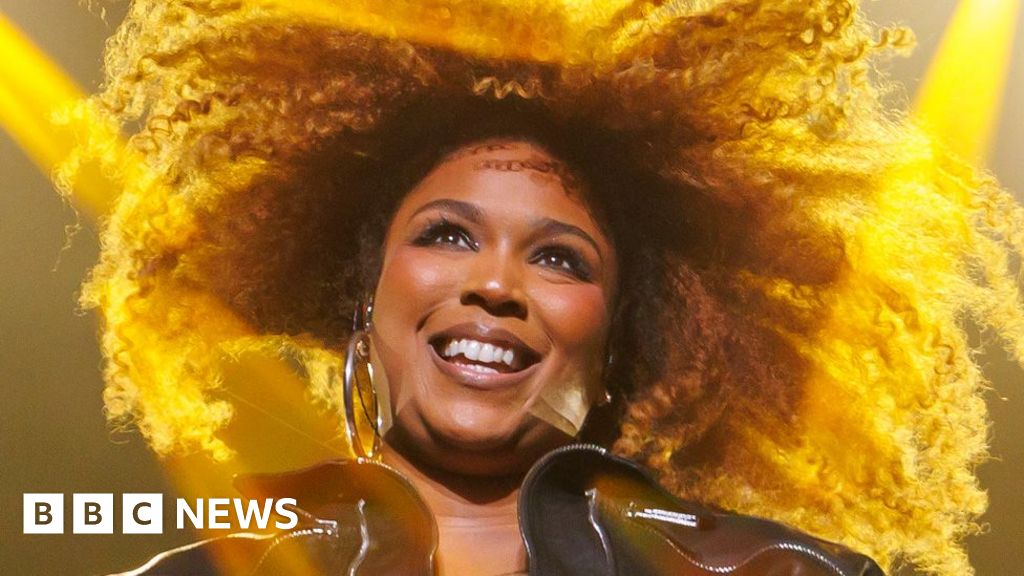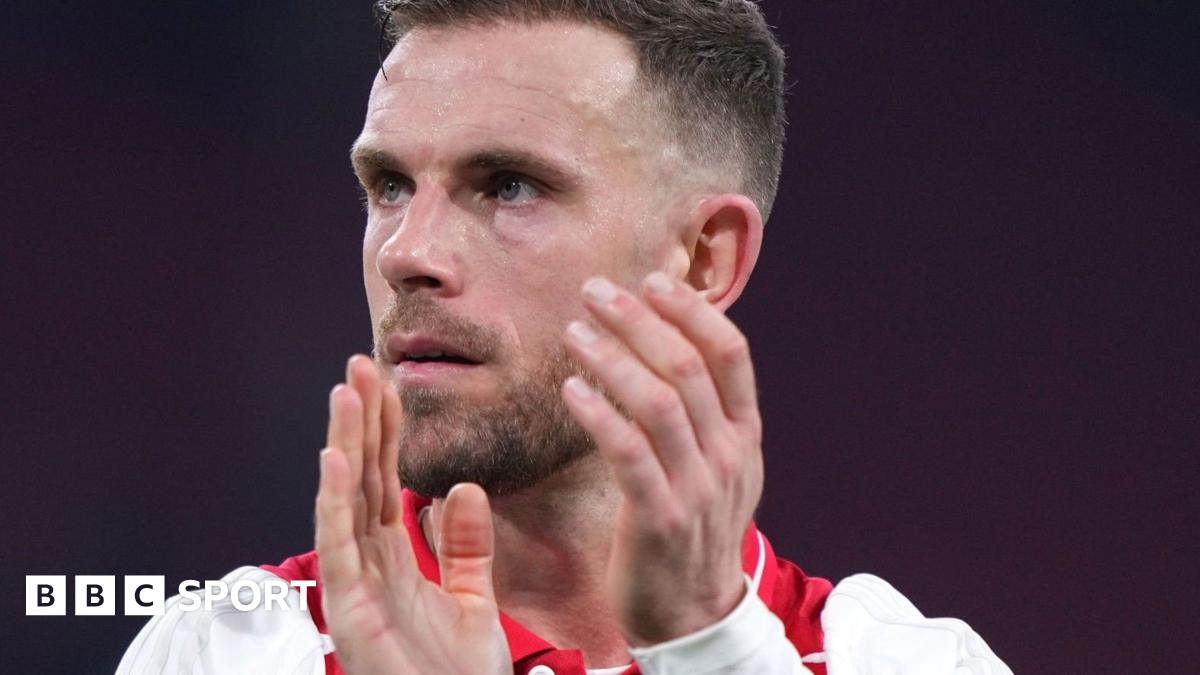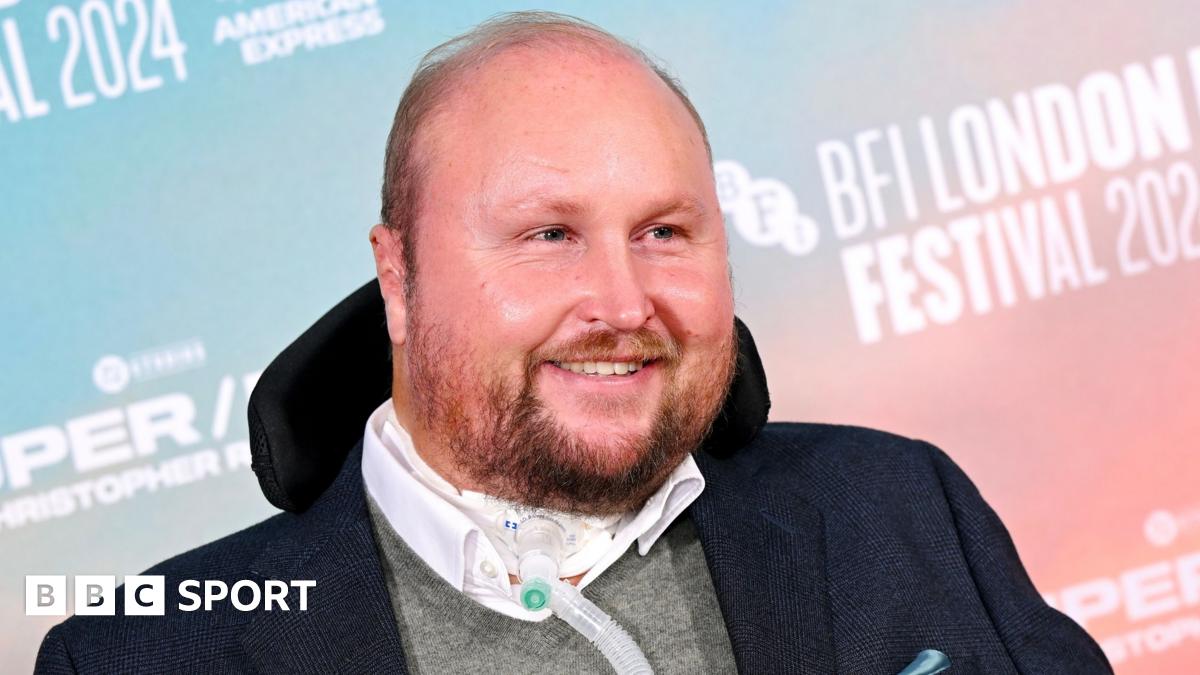
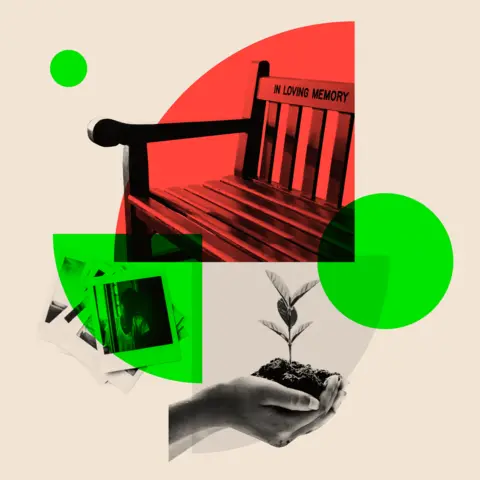 Getty Images
Getty Images
The last bank holiday Monday in May has been named Celebration Day - an initiative, organisers say, to encourage people to take time to think about those they love who are no longer here.
Here, a range of voices share their thoughts about whether there is a need for such an occasion - and reflect on the purpose of remembrance itself.


Educationalist, historian and campaigner for Celebration Day
I lost my wife to cancer eight years ago - that’s something I live with. I think there’s a positive and a healthy way to remember people, where we can celebrate who they were and what they did and what they mean to us.
Celebration Day is an added prompt to do that – and it is necessary because we often don’t want to. We can be afraid, we can worried that it will make us more sad. But I miss my wife more when I don’t think about her than when I do.
I also think that with Remembrance Sunday, there are fewer people who remember personally those who died. There’s no-one alive from World War One and there will soon be no-one alive who fought in World War Two. That great act of remembrance will, I hope, always continue, but for many it’s less of a personal thing and Celebration Day can be a very personal act of remembrance.

 Getty Images
Getty Images
Professor of Islamic and interreligious studies, University of Edinburgh
I think the intention of Celebration Day is good. But honestly, I think we already have too many days to celebrate too many things. I think what’s more important is that we talk about death in a meaningful way - that the language of death, of illness, of human frailty, is weaved into normal conversation.
In the West generally, we still see death as quite a taboo and scary subject. Even for those of us with faith, who think we know what’s going to happen after death, there’s still a sense of the unknown.
In traditional cultures, death is very much a part of life. People die in families and homes and they’re surrounded by certain rituals – it’s something that happens sometimes in front of you, as opposed to something that happens elsewhere. It’s not the end of something, it’s the beginning of something new.

 Getty Images
Getty Images
Author and poet, who wrote Sad Book about his grief over the loss of his son Eddie
Grief is hard to cope with because we want to love people and we can't bear it that we can't go on loving that person in the way we used to. There are times when bereaved people say ironically, grief would be so much easier to bear if we didn't love people! It would. But we would be horrible people if we were like that.
Outside of religious rituals - many of which strike me as helpful, and I say that as an atheist - many people don't know what to do with their grief. Where do they put it? Who can they talk to about it? Where are the rituals, ceremonies or occasions when they can express it? As a result, death is easily brushed aside and hidden.
How do I feel about the concept of Celebration Day? I'm not sure there's much to celebrate! However, a day for us to think about what happened, and who we lost, seems to me like a good idea.
When the death of a loved one is part of a bigger collective memorial, we feel that the person we've lost is validated.

 Donna Ford
Donna Ford
Director of the Christian think tank Theos
Celebration Day is a great idea. It clearly shows there is a need for spaces to recognise our grief. UK society does death badly: out of sight and behind closed doors. We tend to hide the most difficult realities of human mortality away from everyone but our very closest loved ones.
Our research at Theos shows there has been a decline in the popularity of funerals, with fewer than half of people we surveyed saying they want one. There is a growing need for other spaces in which people can collectively recognise their grief.
It's also really important to remember that mourning and funeral rites are clearly not just about celebrating the lives of those that have died. They are also – and perhaps most importantly – about those who are left behind. Humans need to grieve; it’s part of our mental and spiritual wellbeing. It’s OK to recognise our sadness too.

 Dr Tamarin Norwood
Dr Tamarin Norwood
Author of The Song of the Whole Wide World, about the loss of her baby son Gabriel
I think the word “celebration” isn’t out of place when we’re talking about death. So often when I’m talking to other bereaved people, the tone of the conversation is actually really joyful and celebratory - there’s a feeling of relief that we can talk about the people we’ve lost in a normal way. Death isn’t the main thing about them.
And celebrating or mourning or marking the loss of somebody as a society, rather than privately, can make a huge amount of difference. Sharing grief experiences helps to enfranchise people.
I'd added to my optimism a note of caution too. In the way that Mother’s Day can be an especially painful day for some, a day of celebration might feel isolating to some who are grieving. It can be comforting to persuade grieving people of ways to be positive and look on the bright side, but sometimes we are comforting ourselves when we do this, and not the person who is grieving, who might really need somebody to sit with them in their pain.

 Poppy Mardall
Poppy Mardall
Director of a funeral company
Because we don’t talk about death, it means that when it happens, I think most people feel at sea handling the death and the bureaucracy and the paperwork, as well as the emotion.
I have a strong belief that if we hide things from people, we’re sending a strong message that we don’t think it’s something they can handle - that there must be something really bad and scary about the experience.
It would be so helpful if we could share stories and talk more and share advice and tips and be more together in the process – and clearly that goes for grieving too.
BBC InDepth is the new home on the website and app for the best analysis and expertise from our top journalists. Under a distinctive new brand, we’ll bring you fresh perspectives that challenge assumptions, and deep reporting on the biggest issues to help you make sense of a complex world. And we’ll be showcasing thought-provoking content from across BBC Sounds and iPlayer too. We’re starting small but thinking big, and we want to know what you think - you can send us your feedback by clicking on the button below.

 9 months ago
45
9 months ago
45

